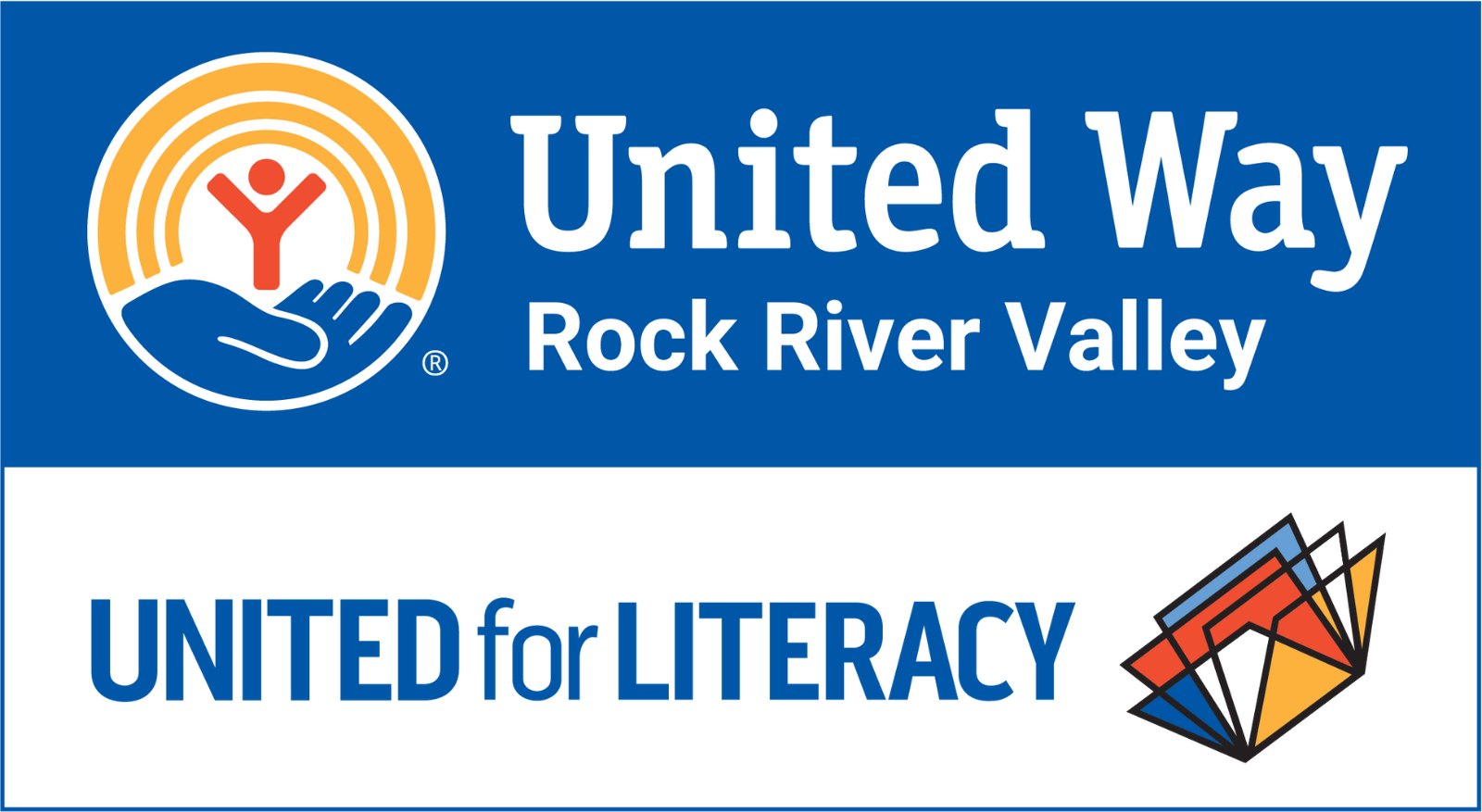LITERACY, reading
What the Research Says:
Effective Reading Instruction for All Students
It is critical for all educators to know what the research says about how children learn how to read. What the Research Says: Effective Reading Instruction for All Students is a free, self-paced training course that will deepen your understanding of the reading research, with the ultimate goal of ensuring more equitable literacy instruction for students. In each module, we’ll unpack a component of skilled reading and make connections to best practices for instruction.
Write your awesome label here.
This course is being offered at a reduced price courtesy of grants from United Way of Rock River Valley and the Kjellstrom Family Foundation.
Self-Paced Course
Progress through the content on your own time
15 PDHs
Awarded upon successful completion of the course
Grading Rubric
Start Learning!
This course will be helpful to teachers, school leaders, and other stakeholders in education who...
Course components:
Meet the minds behind the course
ISBE
Illinois State Board of Education
About
ISBE's vision is that each and every child is equipped to make meaningful contributions to society and live life to its fullest potential. Their mission is to provide each and every child with safe and healthy learning conditions, great educators, and equitable opportunities by practicing data-informed stewardship of resources and policy development, all done in partnership with educators, families, and stakeholders.
What's the buzz?
What the Research Says is a new course -- this review could be you!
Teacher
What the Research Says is a new course -- this review could be you!
TEACHER


